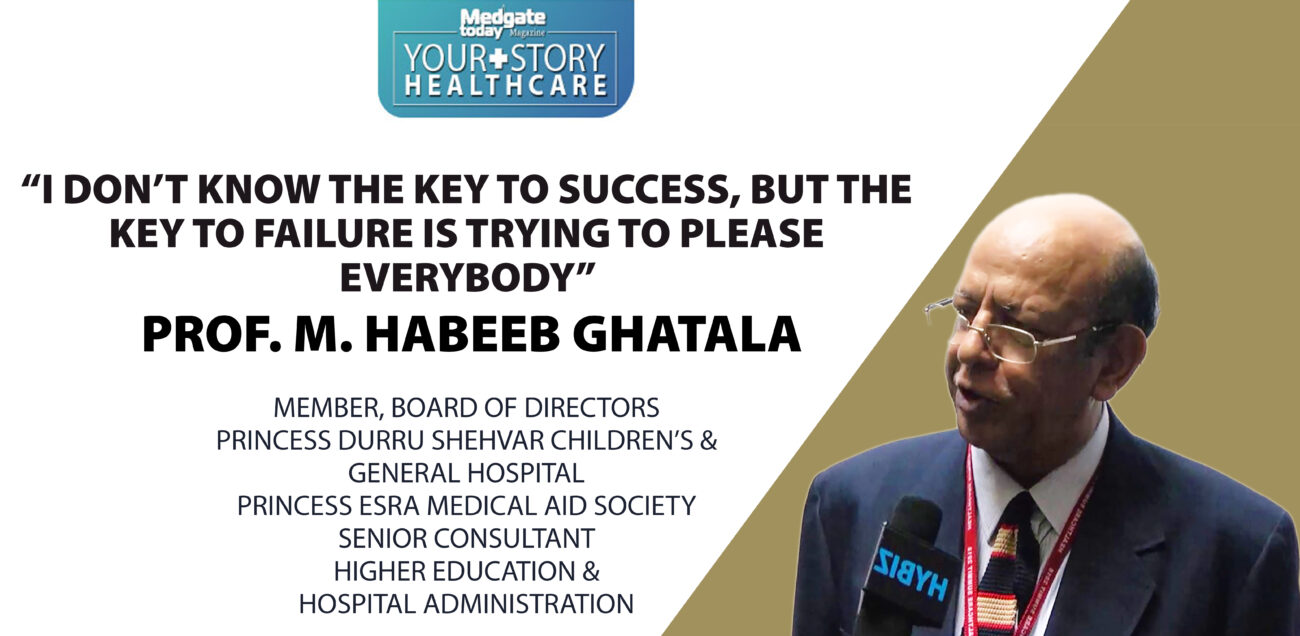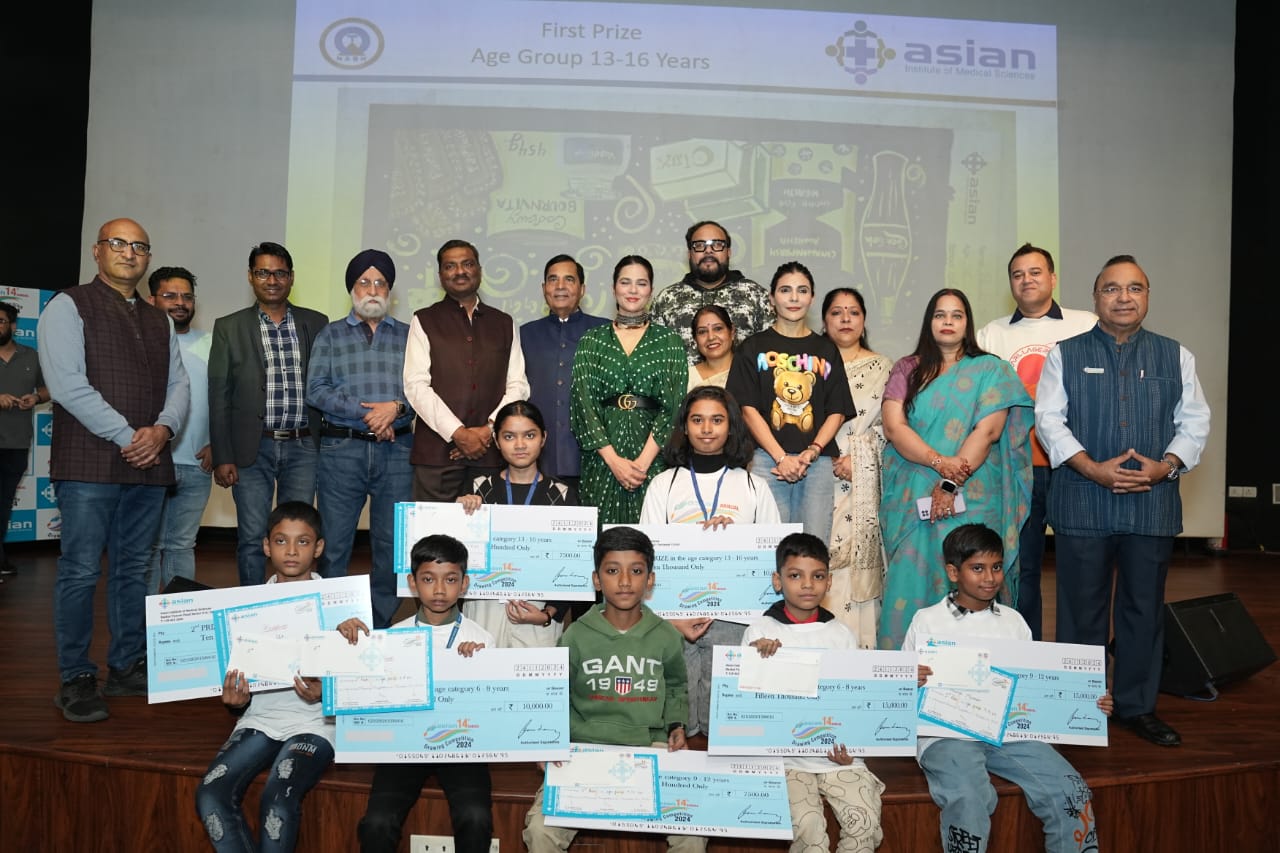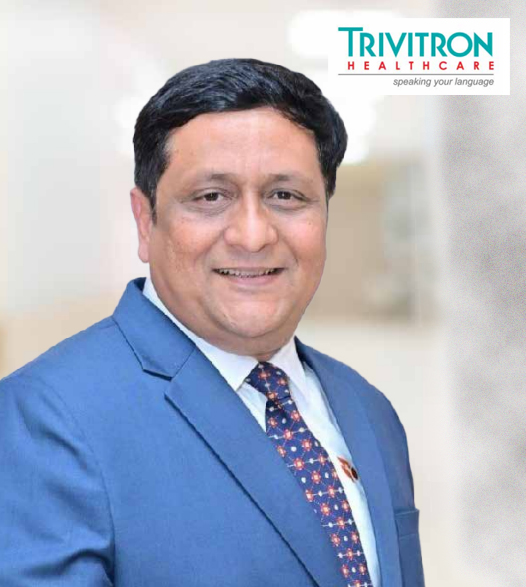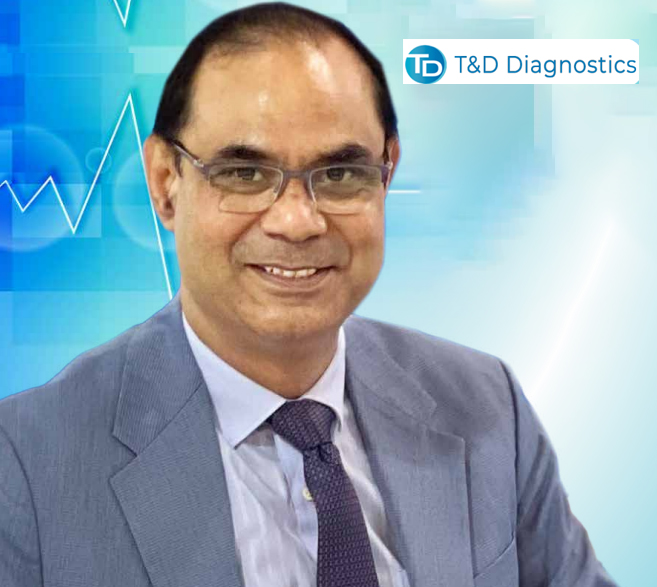Prof. M. Habeeb Ghatala Member, Board of Directors Princess Durru Shehvar Children’s & General Hospital Princess Esra Medical Aid Society Senior Consultant Higher Education & Hospital Administration
"I don’t know the key to success, but the key to failure is trying to please everybody" Awards & achievements Life Time Achievement of the Year in the Field of Healthcare Management, Medgate Today, 2016. Life

“I don’t know the key to success, but the key to failure is trying to please everybody”
Awards & achievements
- Life Time Achievement of the Year in the Field of Healthcare Management, Medgate Today, 2016.
- Life Time Achievement Award, Indus Foundation, 2014.
- Manager, Ninth World Conference, International Council on Correspondence (Distance) Education, 1971, Warrenton, Virginia. UNESCO NGO-B Organization.
- Editor, International Council on Correspondence Education Newsletter, 1972-1975.
- Organizer, Silver Jubilee Program, Stamford College, Singapore & Malaysia, 1975.
- Presented invited lectures in U.S., Canada, UK, Western, Central and Eastern Europe; Russian Federation; Asia; Eurasia; Middle and the Far East (1967 – 2020).
Everyone has an ambition as a child, a childhood dream, we would like to know about your childhood ambition? A brief about your family, and how did they contribute to achieve your dreams?
From early childhood, it was my ambition to become a medical doctor. I applied to Osmania Medical College in Hyderabad in 1956. Unfortunately, new rules of admission were introduced with six different categories of reservations resulting in only 8% of seats for male applicants from City of Hyderabad who did not belong to BC or SC. I was obviously deeply disappointed.
My parents suggested that I earn a professional degree and they will send me abroad for postgraduate education. Considering the options, I chose Agriculture which required three years after I.Sc. compared to four years in other professional subjects and graduated with B.Sc. in 1959.
I chose the subject of Extension Education for M.S. degree abroad which was not available in India.
Before leaving India, I made sure that my younger sisters join medical college by arranging to get all the needed certificates. There are now 19 medical doctors and nine others with Architecture, Engineering, MBA, Pharmacy, Rocketry, Science, and Veterinary Medicine background among my brothers, sisters, sisters-in-laws, nephews, nieces, and their spouses either retired or working in all time zones of the USA.
The education, achievements, and social standing of the Ghatala clan, migrants from Madras to Hyderabad a century ago is because of the opportunity to serve given to our grandparents by none other than HEH Mir Osman Ali Khan, the Seventh Nizam of the Asaf Jahi Dynasty.
Early stages of my career
My professional career as a Research Assistant started in 1962 at the University of Wisconsin. The work involved tape recording community development meetings of committee members and identifying which members made significant contributions as per the evaluative criteria to the purpose of meetings.
The second position (1963-1966) was that of Project Assistant in the Center for Leisure Resources Development. The purpose of work was to develop informal educational programs of interest to women.
The last position (1966-1969) in the pre-doctoral stage of my career was that of Associate Director of the Center for Community Development at Humboldt State University in California. The work involved developing programs of economic development and welfare in an area of 15,000 square miles.
What was the turning point of your life?
I will address the turning point of my life since returning to India in 2006.
Apollo Hospital’s Group leadership comprising of Dr. Prathap C. Reddy and Dr. Sangita Reddy welcomed me with a hand shake to “The Apollo Family” and appointed me as the Dean of Apollo Hospital’s Educational & Research Foundation (AHERF) upon my return to
Hyderabad. Apollo’s leadership was literally accessible 24×7, supportive, and generous with time and advice. It is quite rare for a person to be so fortunate to be accepted so readily and allowed to retire when I reached 75. It continues to be a learning experience to confer with Dr. Sangita Reddy. She is one of the brilliant and astute professional I have met in my life.
Not born to ever retire, while still at Apollo Hospitals Group, Prince Muffakham Jah, Hon’ble Chairman of Princess Durru Shehvar Children’s & General Hospital (PDSC&GH) invited me to serve as a Member of the Board of Directors of PDSC&GH in 2012 and as Member of the Board
of Management of Princess Esra Medical Aid Society since 2014. I also served as Dean and Head of Princess Durru Shehvar Institute of Medical Technology (2014 – 2017). It is a century of family tradition to serve the Asaf Jahi Dynasty. A rare privilege.
What was your rationale behind your career move?
During a visit to Riyadh in 1984, considering my seven years of service guiding the education of Saudi scholarship students, Dr. Abdul Jaleel Al-Saif, Director of Medical Services of Ministry of Interior (Home Ministry) asked me to earn a Master’s in Hospital Administration and he would appoint me as Director of the Dept. of Education & Training of the 500+ bed Security Forces Hospital to be commissioned in 1987.
I accepted the invitation and completed the degree in December 1986 and joined Security Forces Hospital in January 1987.
What were the challenges you faced in your life and how did you overcome them?
I have been fortunate that during my 50 years of management experience in three countries (USA, Saudi Arabia, and India) and international consulting experience, I did not face any challenge which required any serious effort to overcome.
I owe the above lack of serious challenges to my evidence-based and systematic method of preparing my situational reports which are analytical. The reports usually follow the applied anthropological format presented below:
- Problem Situation
- Course of Events
- Relevant Factors
- Analysis
- Conclusions
Expansion plan & way forward in 2021
I will continue to stay abreast of changes in improving the health care delivery systems, make attempts to make health care a patient centered profession, focus on skills development, continue emphasizing the importance of risk management in hospitals and make talent management a matter of unprecedented importance.






